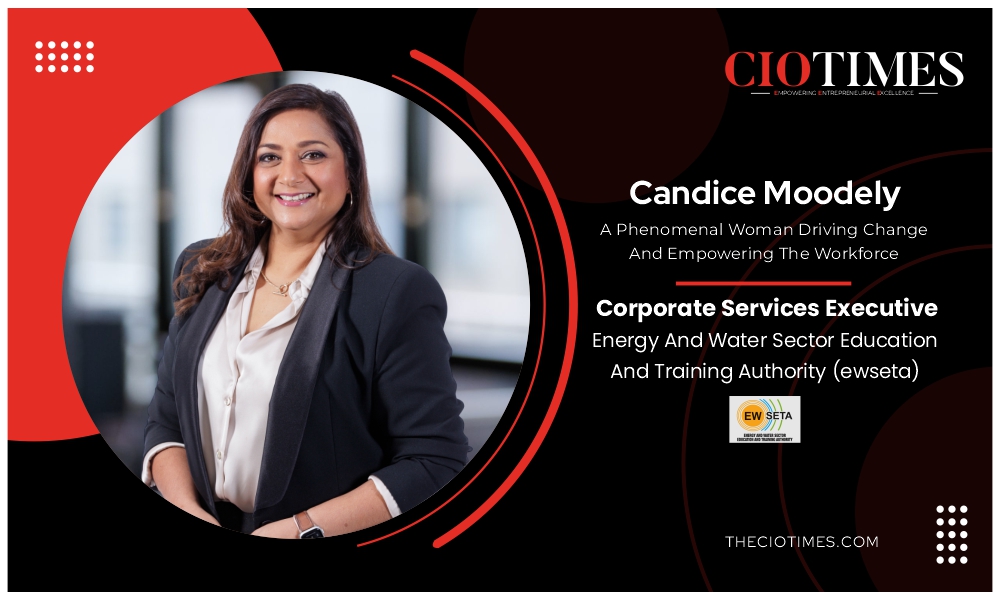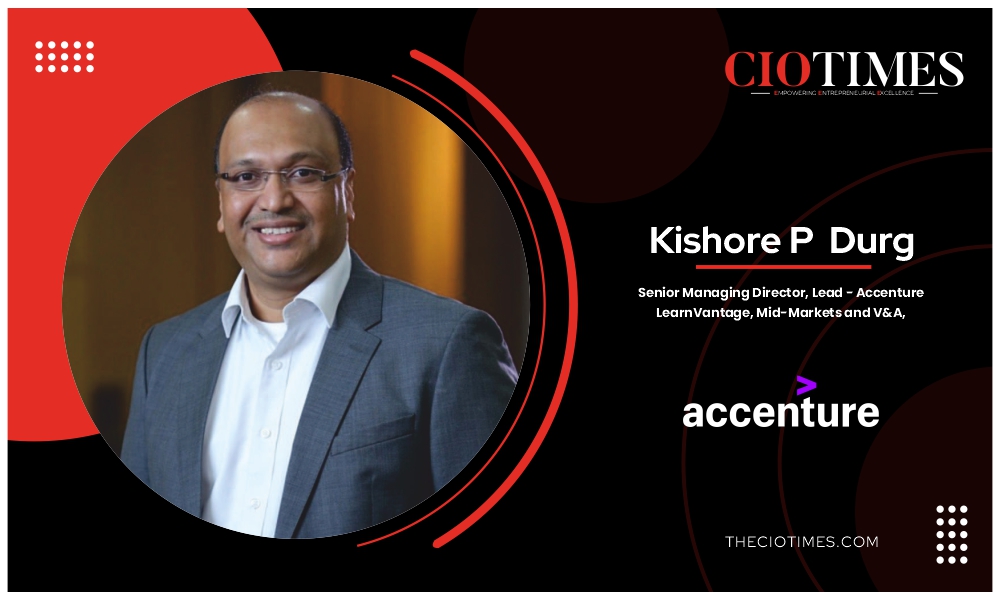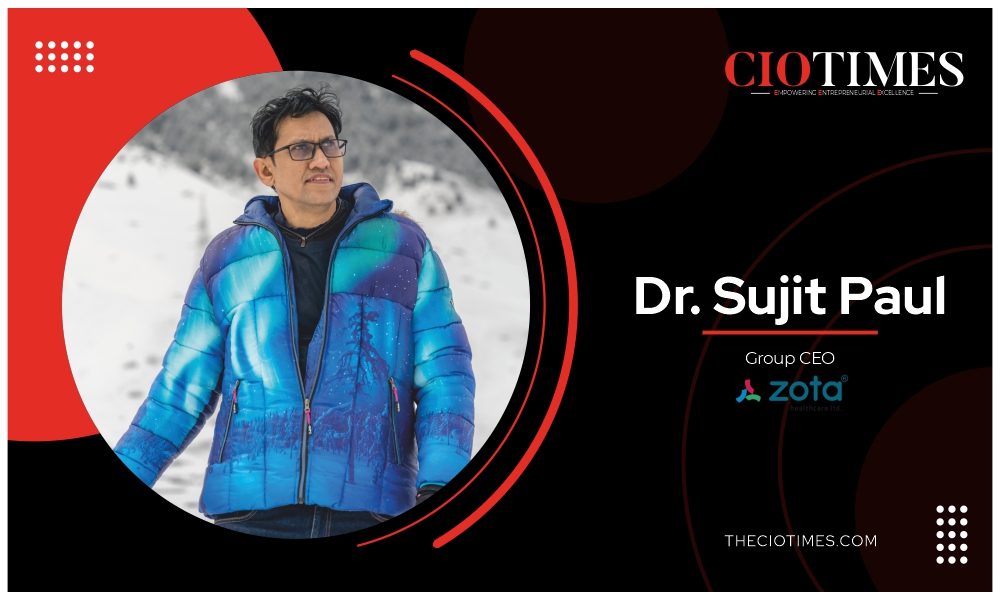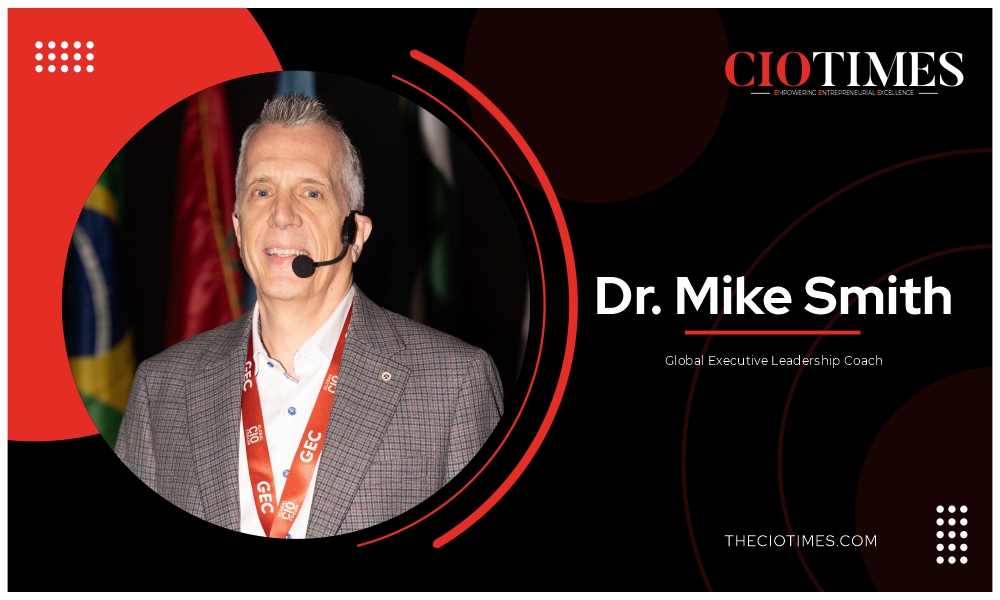Candice Moodley is a dynamic leader and a trailblazer in South Africa’s corporate landscape. Currently serving as the Corporate Services Executive at the Energy and Water Sector Education and Training Authority (EWSETA), she brings a wealth of experience in marketing, communications, and corporate services management.
With a background that spans from being a teenage television presenter to excelling in executive roles, Candice’s journey is nothing short of inspiring. Her expertise in integrated marketing strategies and her commitment to fostering impactful business solutions have made her a respected figure in her field. Beyond her professional achievements, Candice’s story reflects resilience, innovation, and a passion for empowering others.
From Teen TV Presenter to Executive Powerhouse
Candice’s professional journey spans over two decades in strategic leadership roles across corporate services, with a strong foundation in marketing, communications, and human resource management. She began her career in marketing and communications, where she learned the value of clarity, empathy, and stakeholder engagement—principles that continue to shape her approach to corporate services today.
Candice’s early career is a testament to her versatility and talent. Discovered at the age of 13 by multimedia journalist Manu Padayachee, she became the youngest continuity presenter in South Africa, hosting for East-Net on M-Net. Her journey in television continued with a decade-long stint at K-TV, where she gained recognition for her engaging presence and where, amongst her many highlights, she lists the honour of co-hosting President Nelson Mandela’s 80th birthday celebration at Kruger National Park as her most cherished. These formative experiences laid the foundation for her dynamic career, blending media, communication, and leadership.
Having gained her BA LLB from the University of the Witwatersrand, her draw from the legal field to corporate services later was the opportunity to influence the heart of organisational performance—its people, systems, and values. Over time, she realised that successful organisations are not built solely on strategies and numbers but on culture, purpose, and people-centred leadership. Her evolution from communications into corporate services was, therefore, a natural progression, driven by a desire to build environments where individuals can thrive and where organisational goals are achieved through collaboration and capability development.
As Corporate Services Executive at the Energy and Water Sector Education and Training Authority (EWSETA), Candice leads a multi-functional portfolio that includes Human Resources, ICT, and Marketing and Communications. This breadth of responsibility requires a leadership style that is adaptive, values-based, and inclusive.
Leadership Journey
Candice’s background in marketing and communications has been instrumental in shaping a people-first, values-driven approach to leadership. It taught her the power of storytelling, the importance of brand integrity, and the necessity of clear, consistent communication—lessons that apply directly to corporate culture and internal operations.
“In corporate services, you’re often the custodian of the employee experience. I see every policy, internal campaign, or IT system as a communication tool that either builds trust or erodes it. As such, I’ve prioritised initiatives that enhance internal communication, employee engagement, and change management,” shares Candice.
Furthermore, her communications background has helped her position EWSETA’s work externally with greater clarity and resonance. Whether it’s showcasing the organization’s impact through media or ensuring its values are embedded in the brand narrative, the cross-pollination of these disciplines has added immense value.
Building Bridges Between Skills and Sectors
The EWSETA is a legislated public entity mandated to facilitate skills development in South Africa’s energy and water sectors. Its work is critical in addressing the current and future skills gaps that threaten sustainable service delivery and economic growth within these sectors. It operates under the auspices of the Department of Higher Education and Training (DHET) and is guided by national imperatives such as the National Skills Development Plan (NSDP) 2030, and various sector masterplans and frameworks.
At its core, EWSETA serves as a bridge between industry needs and workforce readiness. It partners with key stakeholders across Industry, Government, Public Sector Education and Training sector, Civil Society, and more to facilitate impactful training programmes, develop occupational qualifications, support workplace-based learning, and promote career awareness in areas critical to the just energy transition, climate resilience, water security, and inclusive economic participation.
“Our approach is demand-led and responsive. We work closely with government, employers, academic institutions, and communities to identify priority skills and co-create solutions that are innovative, practical, and impactful,” says Candice.
The Challenges
One of the most persistent challenges in corporate services, shares Candice, is aligning internal capacity with the scale and pace of external demands. In a dynamic environment like EWSETA, where skills development is at the forefront of national priorities, the pressure to deliver rapidly and efficiently is high.
Balancing compliance with agility is another challenge. As a Section 3A public entity, EWSETA is governed by stringent legislative frameworks, yet it must also be agile, responsive, and innovative to remain relevant and effective. This duality requires robust systems, sound governance, and a culture of accountability.
Ensuring that EWSETA’s brand remains true to its promise to its stakeholders, is also a challenge that Candice and her team take up every day. To be an “authority” comes with certain assurances to the stakeholders, and as corporate services, they need to ensure daily that they are upholding those assurances in how they communicate, deliver, and serve.
To overcome these challenges, as an entity, EWSETA prioritises people development, stakeholder-centricity, operational efficiency, and continuous improvement to drive its high-performance culture objectives. This requires strengthening the HR policies, driving the digital transformation, building the EWSETA brand, and cultivating a performance-driven culture that is based on the entity’s four core values of respect, integrity, teaming, and excellence.
Innovation for Skills Development
EWSETA has, over the past several years, been focused and intentional about ensuring that its initiatives are impact-driven and respond to the strategic imperatives of the country. Meeting quantitative targets is important but is no longer the key driver in determining skills initiative support. Instead, it has become more about the end goal for the beneficiary and the needs of the energy and water sector.
Its Partnership Model was one of the first innovative approaches adopted that has ensured that collaboratively, EWSETA and key strategic partners across a broad range of local and international entities are able to make a real difference to the skills landscape through a capable and strengthened workforce.
More recently, EWSETA has introduced several strategic initiatives that are reshaping the skills development landscape:
- The PowerUp Platform – a digital skills platform designed to connect the RE industry with our PSET Institutions, facilitating employment and Work-Integrated Learning opportunities in renewable energy sectors.
- Professionalisation of the Water Sector – supporting Regulation 3630 through the development of qualifications and training programmes for municipal water professionals.
- Green Skills Development – through collaboration with industry and TVET colleges, it is advancing training in green hydrogen, solar PV, and energy efficiency.
- Women Leading in Energy and Water– a flagship programme that has provided bursaries and leadership development to women in the sector, contributing to gender transformation and economic inclusion.
“These innovations reflect our commitment to responsive, future-focused skills development,” says Candice.
Collaboration for Achieving Goals
Collaboration is central to EWSETA’s mandate. The organization works across multiple spheres—government, academia, industry, and civil society—to ensure alignment with national priorities and to co-create sustainable solutions.
EWSETA engages actively with government departments such as the Department of Water and Sanitation, the Department of Mineral Resources and Energy, and the Department of Public Works and Infrastructure to ensure its work supports infrastructure development and public service delivery.
It is also involved in strategic partnerships with Catchment Management Agencies, Water Boards, municipalities, state-owned enterprises such as Eskom and key industry players who are moving rapidly into the renewable energy space like Sasol, and leading universities like Stellenbosch and the University of the Western Cape.
EWSETA’s international collaborations, such as the Platform of Vocational Excellence (PoVE) in Water Management, have opened doors for cross-country learning and curriculum innovation.
Shaping the Future
Candice lists down the following trends that are shaping the trajectory of the energy and water sectors :
- Just Energy Transition: There is a growing emphasis on transitioning from fossil fuels to renewable energy in a manner that is socially inclusive and economically empowering.
- Digitalisation and Automation: Smart technologies, AI, and data analytics are transforming utility operations, necessitating new skill sets through upskilling and reskilling.
- Climate Change and Resilience: Water scarcity and infrastructure challenges demand more innovative, sustainable management strategies.
- Youth and Gender Inclusion: There’s an urgent need to involve young people and women in sector transformation through targeted skills development.
- Public-Private Partnerships: Addressing the scale of the skills challenge requires collaborative funding and implementation models.
“These trends require that we future-proof our workforce and ensure training is agile, accessible, and industry-aligned,” she says.
Catering to the Industry Needs
Candice opines that adapting to the evolving needs of the industries requires a mindset of continuous learning and systems innovation. SETAs like EWSETA must:
- Stay ahead of industry shifts through proactive sector research and stakeholder dialogue.
- Build flexible, modular curricula that allow for stackable qualifications and micro-credentials.
- Leverage digital platforms to broaden access and enhance learner and stakeholder engagement.
- Foster employer-led training by integrating more workplace-based learning and internships.
- Ensure training is not only technical but also incorporates soft skills, innovation, and entrepreneurship.
“We must move away from the misconception that SETAs are just ‘funders” and play our rightful role as strategic partners, developers of enabling platforms, and policy advocates,” she insists.
Integrating Sustainability into Training Programs
Sustainability is not a peripheral issue—it is central to the future of both sectors and is central to EWSETA’s vision of “Creating a Sustainable Tomorrow, Today”. Energy and water are enablers of socio-economic development, yet they face threats from mismanagement, overuse, and environmental degradation.
Candice believes that training must, therefore, embed sustainability principles across all programmes—from renewable energy to water conservation. This includes:
- Teaching circular economy and resource efficiency practices.
- Focusing on preventative maintenance of infrastructure.
- Incorporating climate-smart technologies and indigenous knowledge systems.
- Encouraging innovation in waste-to-energy and green infrastructure.
EWSETA is embedding these elements into its sector skills plans and is working closely with the industry to anticipate future occupational shifts.
Sharing Leadership Lessons
Candice shares that the most powerful lesson she has learned is that leadership is not about authority—it’s about stewardship. A leader is entrusted with the well-being of people, systems, and purpose. It’s a responsibility that demands empathy, courage, and consistency.
Another lesson is that transformation takes time, but impact requires urgency. You must learn to lead with vision and manage with discipline.
“Through my work, I hope to leave a legacy of inclusive leadership, empowered teams, and systems that outlast individuals. I want to be remembered as someone who helped create environments where people felt seen, supported, and set up to succeed,” says Candice.
Vision Ahead
Over the next five years, Candice envisions EWSETA becoming a true centre of excellence in skills development—agile, innovative, and deeply embedded in the industries it serves.
Some of the more pertinent strategic focus areas for the organization include:
- Enhancing its digital capabilities for more responsive service delivery.
- Strengthening TVET college capacity to deliver demand-led training.
- Expanding its footprint in rural and underserved communities.
- Deepening its focus on green skills and the hydrogen economy.
- Embedding a high-performance culture internally through modern HR systems and talent development strategies.
“Personally, my goal is to mentor the next generation of HR and corporate service leaders, build stronger internal systems, and position EWSETA as an employer of choice,” concludes Candice.
A Quote to Live By
A quote that deeply resonates with Candice is from African leadership scholar, Reuel Khoza:
“We must lead with moral authority, not positional power, and build legacies, not empires.”
Quote: “I believe in empowering people, fostering trust, and ensuring that every team member understands their contribution to the bigger picture.”




